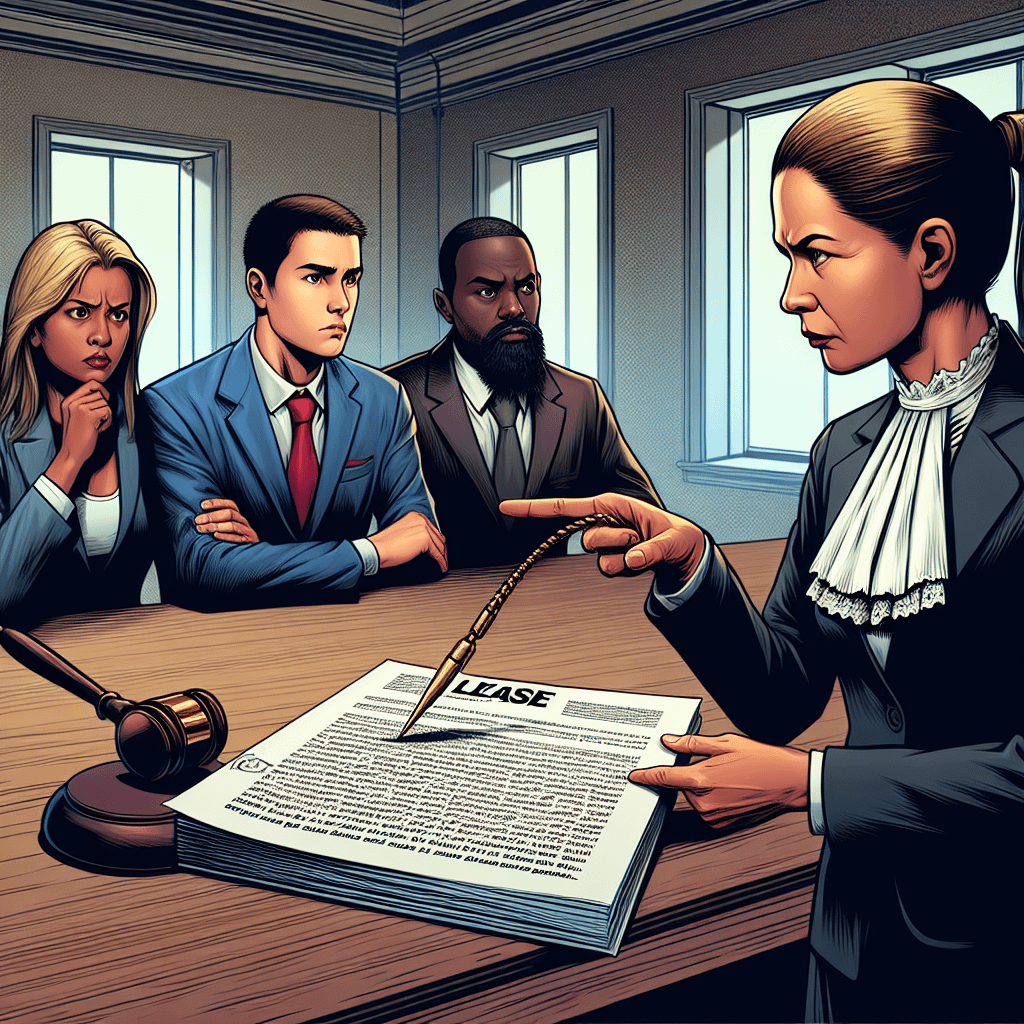Signing a lease is a significant commitment, but sometimes life changes unexpectedly, and you might find yourself needing to break that lease. Understanding the legal implications of breaking a lease agreement can help you navigate this tricky situation while minimizing potential repercussions. Let’s explore what breaking a lease could mean for you, using clear examples and providing some practical advice along the way.
What is a Lease Agreement?
A lease agreement is a legally binding contract between a tenant and a landlord. It spells out the terms under which a tenant rents property from the landlord. Most leases are for a fixed term, such as one year, and include specific obligations both parties must adhere to during this period, like rental amount, payment due date, and rules about property usage.
Reasons You Might Break a Lease
There are many reasons why you might consider breaking a lease. Perhaps you’ve accepted a job in a different city, experienced a change in financial circumstances, or found housing conditions unbearable. Although these reasons are understandable, they don’t automatically remove your legal obligation to stick to the lease terms.
Potential Legal Consequences
1. Financial Penalties: If you break your lease without a legally justifiable reason, the landlord may require you to pay a penalty. This could be an early termination fee specified in the lease or a demand to cover the rent for the remaining months of the lease term.
2. Loss of Security Deposit: Your landlord might hold onto your security deposit, sometimes applying it toward unpaid rent due to your early departure. Make sure to check if the lease allows for this use of your deposit.
3. Legal Action and Credit Impact: Failing to negotiate your lease termination can lead to a lawsuit from the landlord to recover lost rent. If the landlord wins, it could result in a judgment against you, potentially harming your credit score.
Legally Justifiable Reasons
There are legitimate scenarios where tenants can break a lease without facing the above consequences. Let’s look at a few:
- Constructive Eviction: If your landlord fails to provide a habitable living environment, such as by not fixing critical issues like heating or plumbing, you may have a justifiable reason to break the lease under what’s called “constructive eviction.” However, this often requires evidence and might need to be proven in court.
- Military Duty: Federal law allows active-duty military personnel to terminate a lease without penalty if they are deployed or receive orders to relocate.
- Domestic Violence Protection: Some states provide lease-breaking rights for victims of domestic violence. Check your local laws to see if this applies.
Tips for Breaking a Lease Smoothly
If you find yourself needing to break your lease, here are some steps to help mitigate issues:
1. Review Your Lease: Your lease may include an early termination clause detailing acceptable reasons or fees for breaking the lease. Understanding these terms can guide your next steps.
2. Communicate with Your Landlord: Be open and honest about your situation. Some landlords may be willing to negotiate if given advance notice and reasonable reasons.
3. Find a Replacement Tenant: You might be able to help find someone to take over your lease. Not only does this make your landlord’s life easier, but it can often help you avoid additional charges.
4. Document Everything: Keep records of all communications and agreements with your landlord. This can protect you if disputes arise later.
Breaking a lease is rarely ideal, but understanding the legal implications and taking thoughtful steps can help smooth the way. Remember, your situation may have unique factors, so consider consulting with a legal professional to receive specific advice. Through clear communication and strategic planning, you can minimize the headaches that often accompany ending a lease early.








